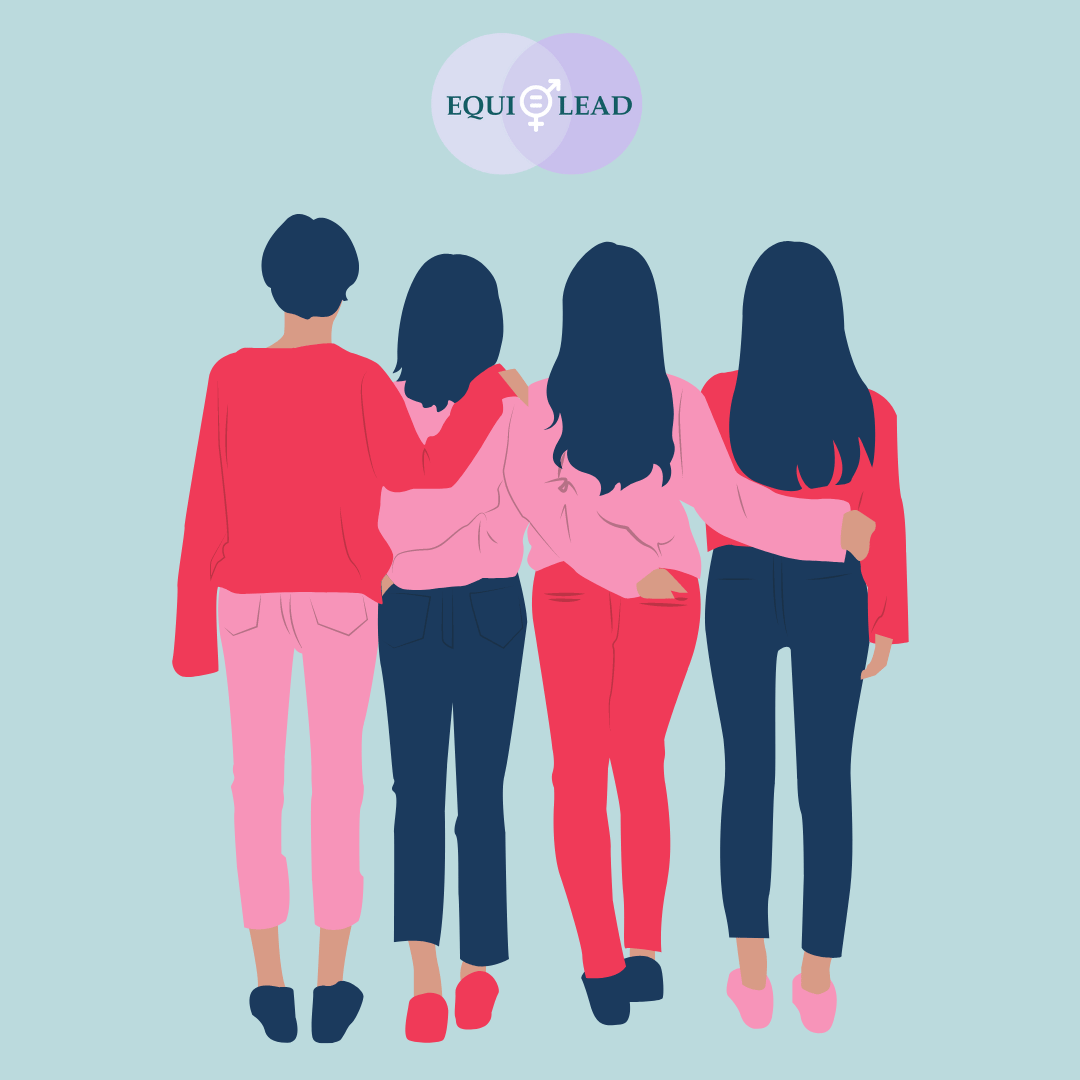Today’s workplaces are undergoing a much needed cultural shift by recognising the importance of nurturing empathy and allyship as a part of their organisational cultures. There is a growing awareness that employees thrive when they feel genuinely understood, respected, and supported in expressing their identities and contexts.

Over the years, especially in the last decade, research has consistently emphasised the significance of creating a sense of belonging and psychological safety in the workplace. According to Gallup’s State of the Global Workplace: 2023 Report, employees who feel valued and connected to their colleagues are more engaged and productive. This highlights the tangible benefits of establishing an environment where empathy is not just a passing trend but an integral component of the organizational fabric.
Harvard Business Review studies have illustrated that diverse teams outperform homogeneous ones. However, the crucial practice here is to create an environment where individuals feel empowered to contribute their unique perspectives. Allyship plays a crucial role in this effort by actively advocating for marginalised voices and challenging biases.
Practical strategies for promoting empathy and allyship comprises a range of initiatives that go beyond surface-level gestures—Implementing mentorship programs that pair employees from diverse backgrounds can foster mutual understanding and learning. The influence of leadership on shaping organisational culture is pivotal, and leaders who demonstrate empathy and inclusivity are perceived as more effective and trustworthy by their teams and are better able to inspire loyalty. Investing in leadership development programs that prioritise emotional intelligence and empathy can have a sustained impact on organisational culture.
In our landscaping research in the Indian development sector, we've identified a critical need for allyship within organizational structures, particularly to support the advancement of women and other marginalized groups. Our commitment to fostering inclusive cultures through our Organizational Development (OD) program is rooted in these findings—Alongside Trainings and Policy Advocacy, Community Building within organizations stands as a pivotal third pillar of our approach.
At EquiLead and Arthan, we have introduced Listening Circles among various employee groups internally to cultivate active listening habits. These circles provide a secure environment for individuals to openly share their workplace experiences and personal insights, free from the fear of judgement or repercussions. Feedback from participants in the past have highlighted the necessity for such spaces in an environment often prioritizing productivity over mental well-being. Some have emphasised how differences in age and generational perspectives can lead to siloed work environments or feelings of isolation, while offering potential solutions to mitigate them as well.
Having successfully conducted three editions of Listening Circles internally, we are excited to extend this opportunity to the public for the first time in March. We intend to host these sessions regularly across different cities. Stay connected with us on LinkedIn for updates and announcements regarding these events, and more!
By implementing evidence-based policies and initiatives, organisations can create inclusive cultures where employees feel valued, supported, and empowered to bring their whole selves to work. This, in turn, enhances employee well-being, drives innovation, and ensures long-term success. At EquiLead, we are continuously developing tools and resources for social sector organisations in India to foster such an inclusive culture. We are particularly enthusiastic about our upcoming initiative focussed on Workplace Allyship. Before its launch, we invite you to share the methods your organisations adopt to nurture allyship by writing to us at maathangimohan@equilead.org.




